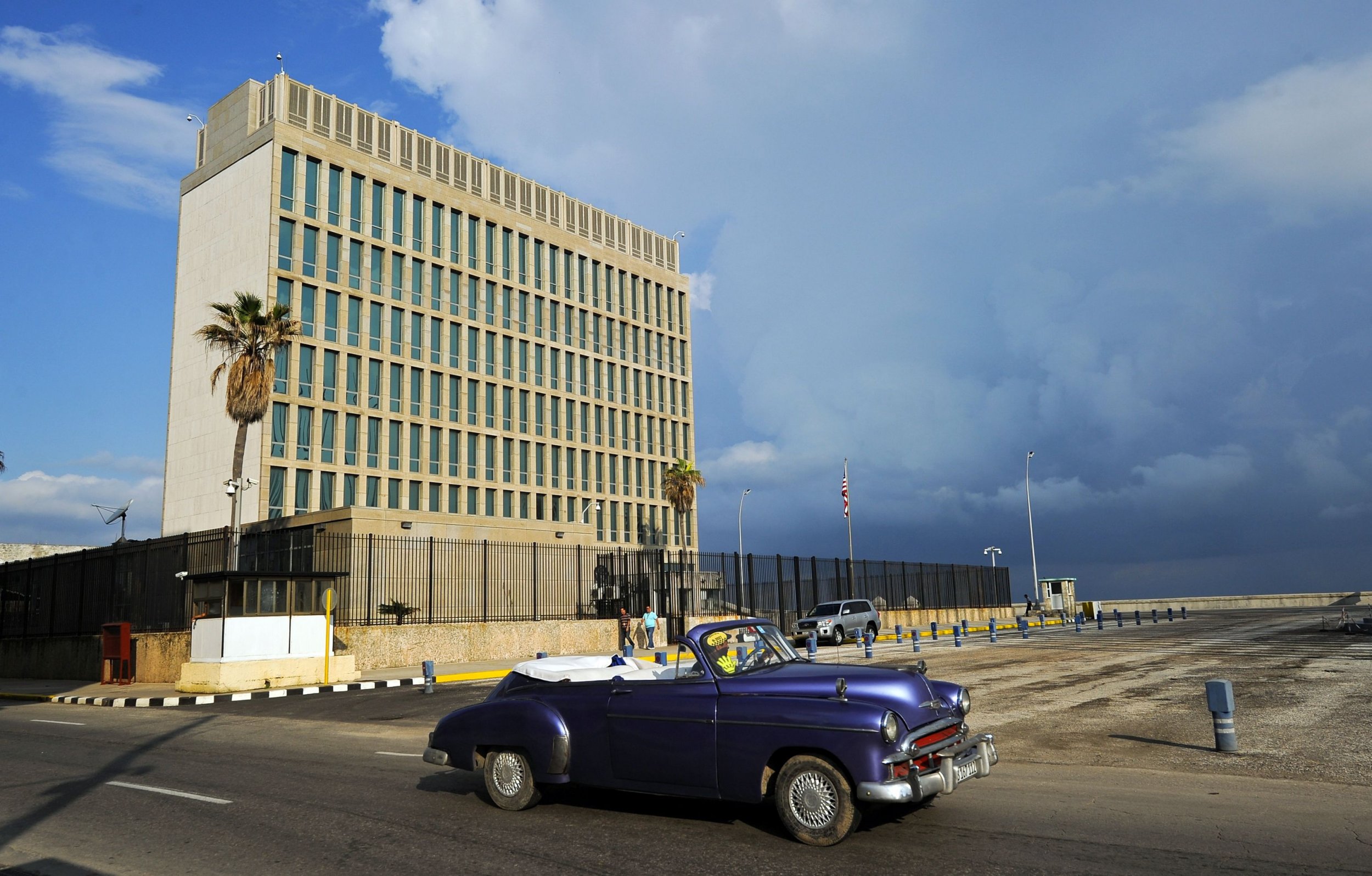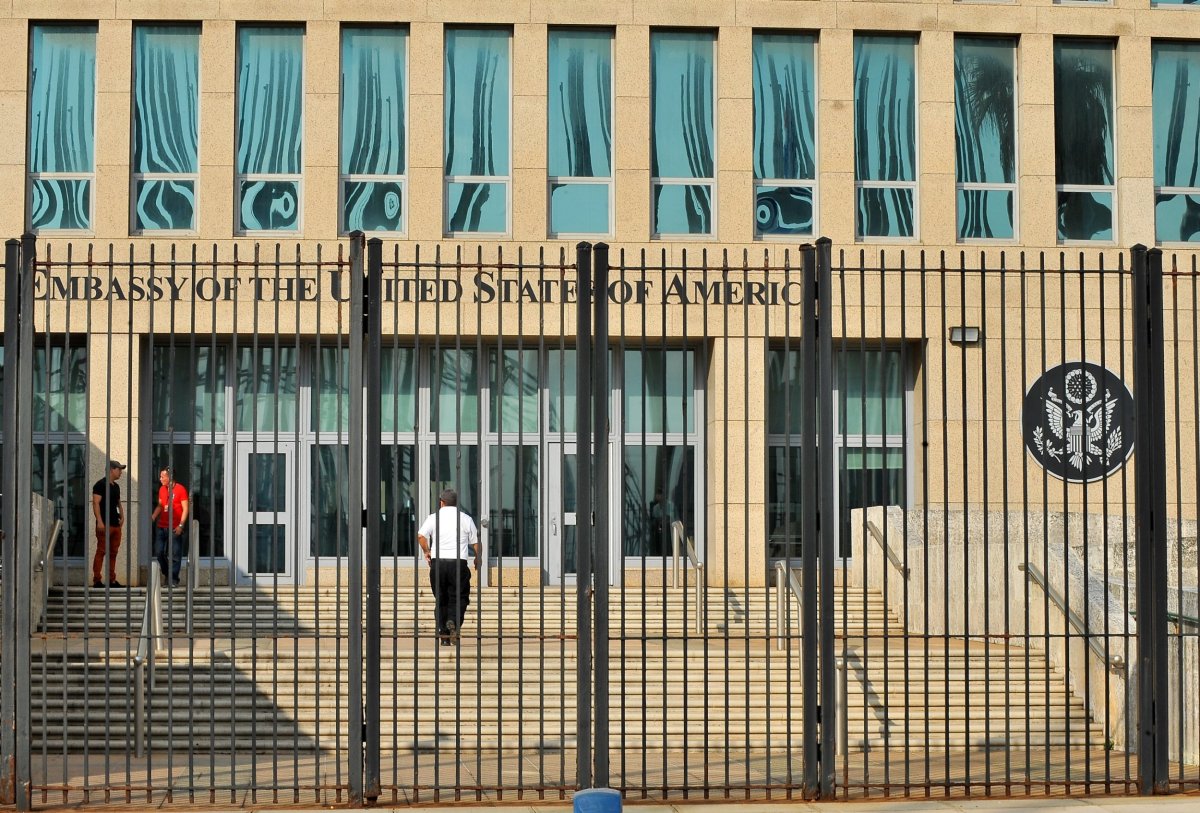
Diplomats stationed in Cuba who were complaining of medical problems probably weren't just making them up, a new paper published in JAMA on Wednesday night shows. Twenty-one members of the staff at the U.S. Embassy in Cuba showed various signs of real medical problems when they were evaluated by doctors at the University of Pennsylvania's Center for Brain Injury and Repair, including issues with balance and hearing.
Almost all of the diplomats showed "objective clinical manifestations" of a problem. Three people even needed hearing aids. And almost all said their symptoms—which included memory problems, dizziness, and light sensitivity—lasted for more than three months.
These symptoms may sound familiar to people who have had a serious concussion—though the paper stops just short of putting that label on what the diplomats are experiencing. "These individuals appeared to have sustained injury to widespread brain networks without an associated history of head trauma," the paper states.

The cause of these injuries is still a mystery. The FBI has expressed doubt that a "sonic weapon" might have been behind the attack, and some officials have said a virus might have been responsible. However, the data in this paper don't seem to support that theory. Some neurologists have said that the issues might have been all in the diplomats' heads. That's not likely the case, according to two doctors who wrote an editorial that accompanied the paper.
However, they also noted that the evaluators knew that the diplomats thought they had symptoms, which could have had an impact on their evaluation. And some of the things they evaluated were based solely on reports from the diplomats themselves—not exactly a perfectly objective way to evaluate symptoms.
That won't be the case if this happens again. The U.S. State Department has begun encouraging staff sent to Cuba to do brain and hearing tests before they leave. If they believe they may have been affected by one of these attacks, doctors could compare those baseline results with new tests done after they return.
Uncommon Knowledge
Newsweek is committed to challenging conventional wisdom and finding connections in the search for common ground.
Newsweek is committed to challenging conventional wisdom and finding connections in the search for common ground.
About the writer
Kate Sheridan is a science writer. She's previously written for STAT, Hakai Magazine, the Montreal Gazette, and other digital and ... Read more
To read how Newsweek uses AI as a newsroom tool, Click here.








